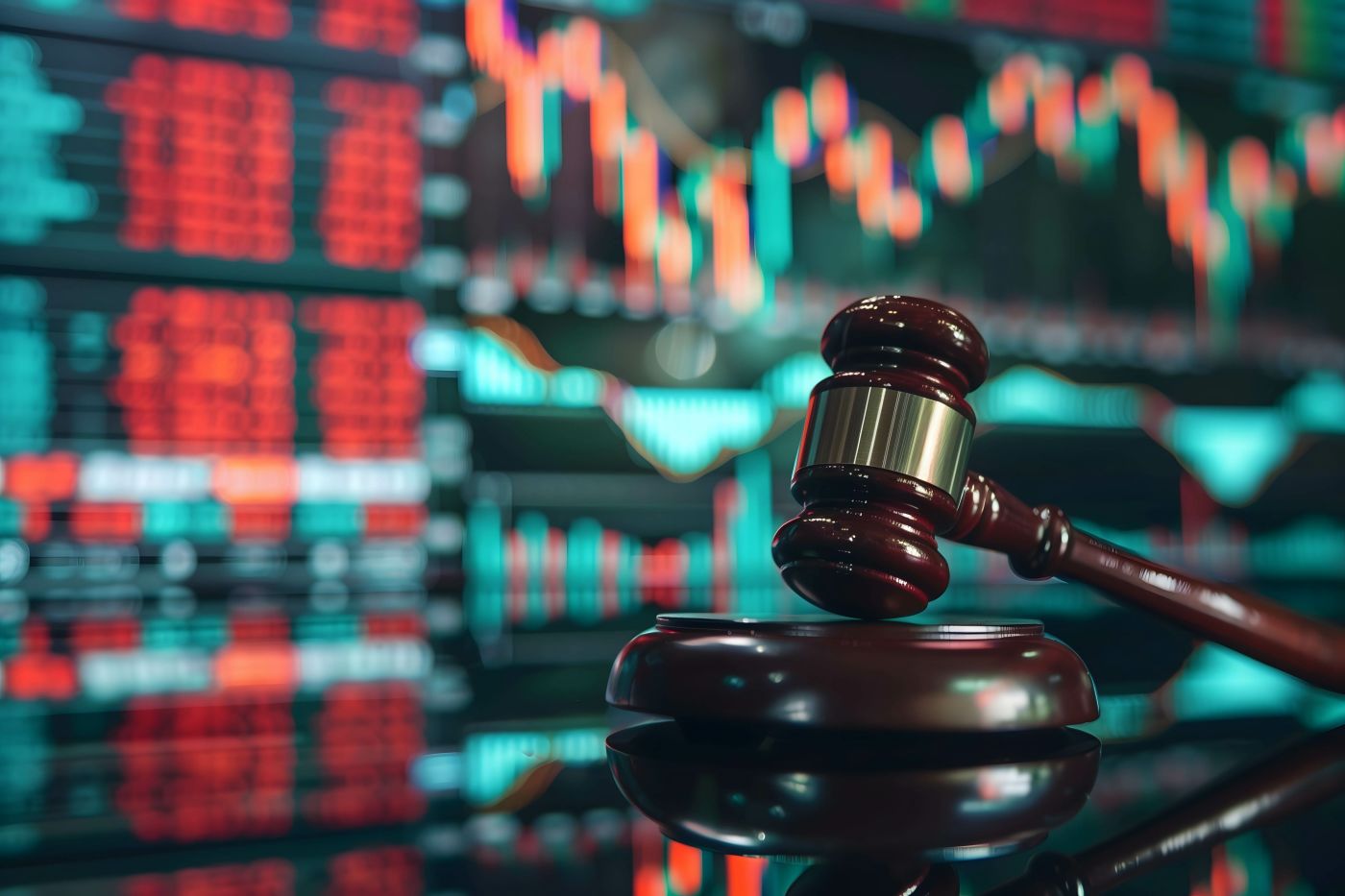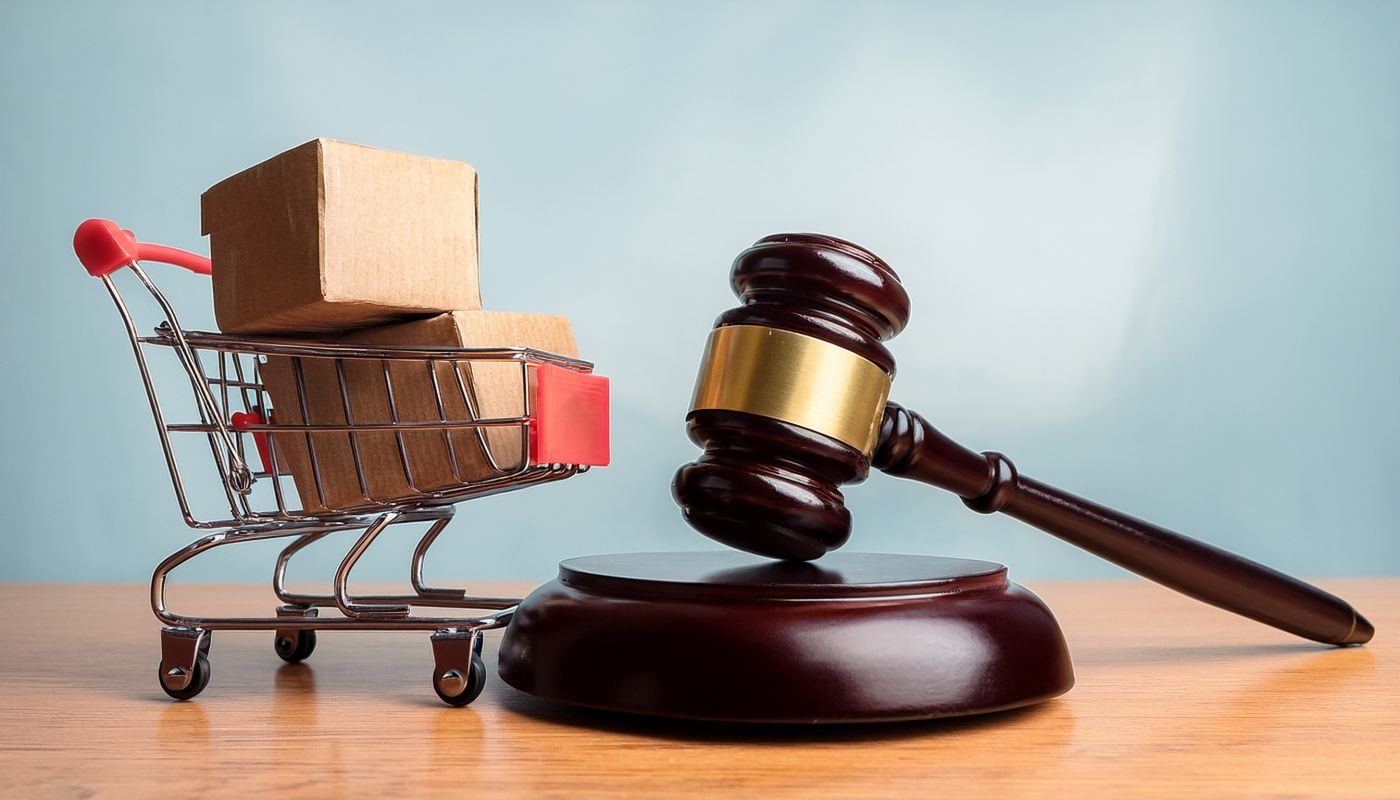
Securities fraud is one of the most serious offences in the financial space, affecting investors, businesses, and markets alike. Fraudulent activities involving stocks, bonds, and other financial instruments can lead to significant financial losses and long-term legal consequences.
At Scott Hirsch Law Group, PLLC, we assist individuals and businesses in Florida, and nationwide who have been affected by securities fraud or are are the victims of financial misconduct.
Securities fraud occurs when deceptive practices manipulate investors or misrepresent crucial financial information. Whether it involves insider trading, Ponzi schemes, or market manipulation, these acts undermine the integrity of financial markets.
Below, we’ll explore the different types of securities fraud, common warning signs, the legal consequences, and how civil litigation plays a role in seeking justice.
Common Types of Securities Fraud
Securities fraud takes many forms, each with its own methods of deception. Some of the most prevalent types include:
Insider trading: This occurs when individuals with non-public material information about a company buy or sell securities to gain an unfair advantage.
Ponzi schemes: Fraudsters use money from new investors to pay earlier investors, creating the illusion of profitability while concealing financial losses.
Pump-and-dump schemes: Fraudsters artificially inflate stock prices by spreading misleading information, then sell off their shares at a high price before the stock crashes.
Accounting fraud: Companies manipulate financial statements to deceive investors and maintain an illusion of stability or growth.
Unauthorized trading: Brokers or financial advisors execute transactions without investor consent, often for their benefit.
Misrepresentation or omission: Deliberately withholding or falsifying information about an investment's risks or financial health to mislead investors.
Recognizing these types of fraud is crucial in protecting oneself from financial loss. Whether you're an investor or a corporate executive, understanding how these schemes operate can help prevent falling victim to deceitful practices.
How Securities Fraud Impacts Investors and Markets
Securities fraud doesn't just harm individual investors—it undermines market stability and public trust. The consequences can be far-reaching, affecting multiple stakeholders.
Loss of investor funds: Victims of securities fraud may lose substantial amounts of money, sometimes wiping out retirement savings or personal investments.
Market volatility: Fraudulent practices contribute to unstable stock prices, making markets unpredictable and deterring legitimate investments.
Regulatory intervention: When fraud is exposed, government agencies may impose heavy fines, penalties, and restrictions that can impact an entire industry.
Damaged corporate reputations: Companies involved in fraudulent activities suffer significant reputational damage, affecting their ability to attract investors or conduct business.
Legal consequences: Perpetrators of securities fraud may face criminal prosecution, fines, and civil litigation from defrauded investors.
By understanding these risks, investors and businesses can take proactive steps to identify red flags before fraud causes irreversible damage.
Common Warning Signs of Securities Fraud
Spotting fraudulent investment schemes requires vigilance and skepticism. Some of the most common warning signs include:
Guaranteed high returns: If an investment promises unusually high or consistent profits with little to no risk, it's likely too good to be true.
Pressure to invest quickly: Fraudsters often use high-pressure sales tactics to rush investors into decisions without proper due diligence.
Unregistered investments: If a financial product isn't registered with regulatory authorities, it may lack legitimacy and transparency.
Vague or missing information: Legitimate investments provide clear details about risks, fees, and projected returns. A lack of transparency is a red flag.
Complicated strategies: If an investment opportunity is too difficult to understand, it may be intentionally designed to obscure fraudulent activities.
Being aware of these warning signs can help individuals and businesses avoid financial scams that lead to devastating consequences.
Legal Consequences of Securities Fraud
Securities fraud is taken seriously under federal and state laws, with severe penalties for those involved. Legal actions may include:
Criminal charges: Individuals convicted of securities fraud may face prison sentences, hefty fines, and asset forfeiture.
Civil litigation: Victims of fraud can file lawsuits to recover losses and hold fraudulent parties accountable.
Regulatory penalties: Agencies such as the U.S. Securities and Exchange Commission (SEC) and the Financial Industry Regulatory Authority (FINRA) impose sanctions, fines, and trading bans.
Class action lawsuits: When multiple investors are affected, they may join a class action suit to seek compensation collectively.
Professional repercussions: Financial professionals found guilty of fraud risk losing their licenses, certifications, and the ability to work in the industry.
The legal consequences of securities fraud serve as a deterrent, reinforcing the importance of ethical investment practices and transparent financial reporting.
How Civil Litigation Helps Fraud Victims Seek Justice
Civil litigation plays a key role in holding fraudsters accountable and recovering investor losses. Lawsuits can help victims reclaim their financial damages through legal action.
Compensation for losses: Courts or arbitrators may award monetary damages to victims who suffered financial harm due to fraudulent schemes.
Injunctions and asset freezes: Legal action can halt fraudulent operations and prevent perpetrators from continuing deceptive practices.
Accountability for financial institutions: If banks, brokers, or investment firms facilitated or ignored fraudulent activities, they may be held liable.
Restitution orders: Courts may require fraudsters to return stolen funds to affected investors.
Increased oversight: Successful litigation can lead to stronger regulations and policies to prevent future fraudulent activities.
Working with an experienced attorney like Scott Hirsch can help victims of securities fraud build a strong case and seek rightful compensation.
Steps to Take If You Suspect Securities Fraud
If you believe you've encountered securities fraud, taking immediate action is essential. Here are key steps to protect yourself and build a case:
Gather documentation: Keep records of investment statements, emails, promotional materials, and any correspondence related to the investment.
Report the fraud: Notify regulatory agencies such as the SEC, FINRA, or state securities commissions.
Consult a legal professional: Seeking advice from a securities fraud attorney can help you understand your legal options.
Avoid further losses: Stop making additional investments in the fraudulent scheme and warn others who may be affected.
Consider civil litigation: Filing a lawsuit may help recover financial losses and hold fraudsters accountable.
Taking these steps can help prevent further harm while increasing the chances of legal recourse against fraudulent parties.
Preventing Securities Fraud and Protecting Investments
While no investment is completely risk-free, there are steps investors can take to reduce the likelihood of becoming a victim of securities fraud.
Conduct thorough research: Verify the legitimacy of investment opportunities and background-check financial professionals before committing funds.
Understand investment risks: Every investment carries risks—be wary of opportunities that claim otherwise.
Use regulated platforms: Work with registered investment firms and brokers to verify compliance with industry regulations.
Stay informed about scams: Keeping up to date on common fraud tactics can help you spot suspicious schemes early.
Seek professional advice: Consulting a financial advisor or attorney before making significant investments can provide added protection.
By being proactive, investors can safeguard their finances and reduce exposure to fraudulent schemes.
Securities fraud is a serious offence that threatens investors, businesses, and the integrity of financial markets. Recognizing the different types of fraud, understanding the legal consequences, and knowing the role of civil litigation in holding wrongdoers accountable are essential for protecting one’s financial interests.
Contact The Scott Hirsch Law Group, PLLC
At Scott Hirsch Law Group, PLLC, we assist clients throughout Florida, and serve clients nationwide in addressing securities fraud cases. Whether you're seeking justice or defending yourself against allegations, having knowledgeable legal representation can make all the difference. Reach out to us today



